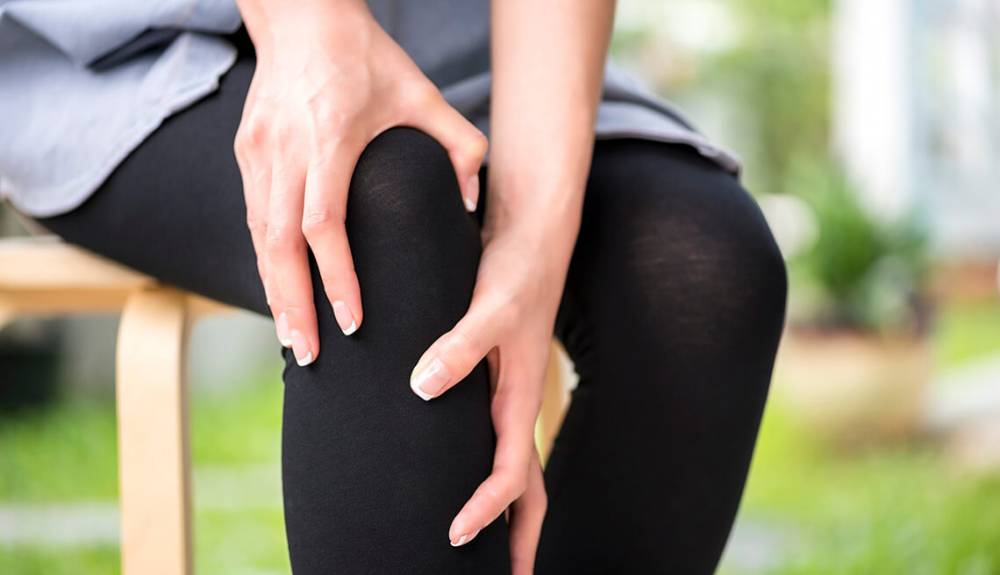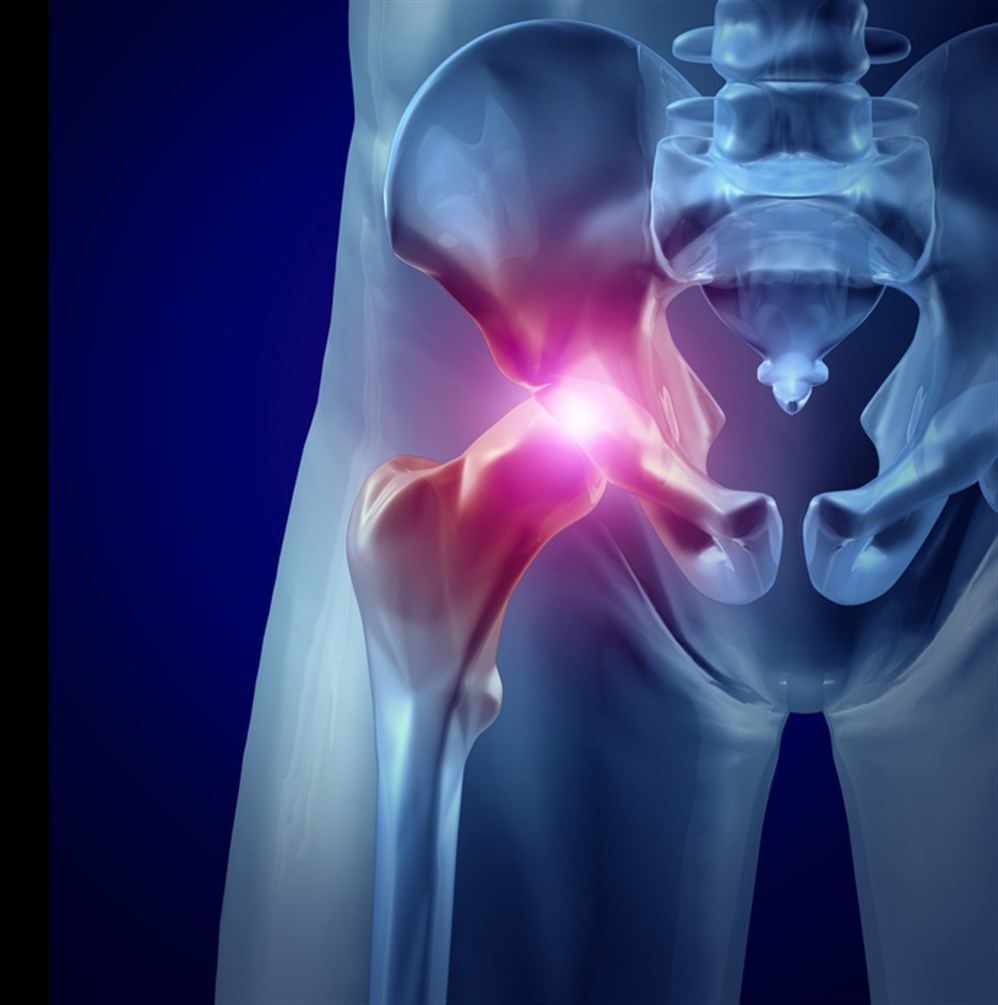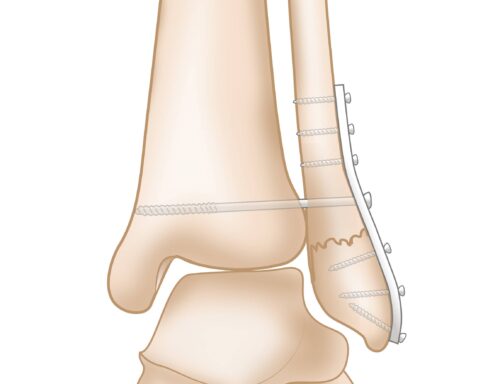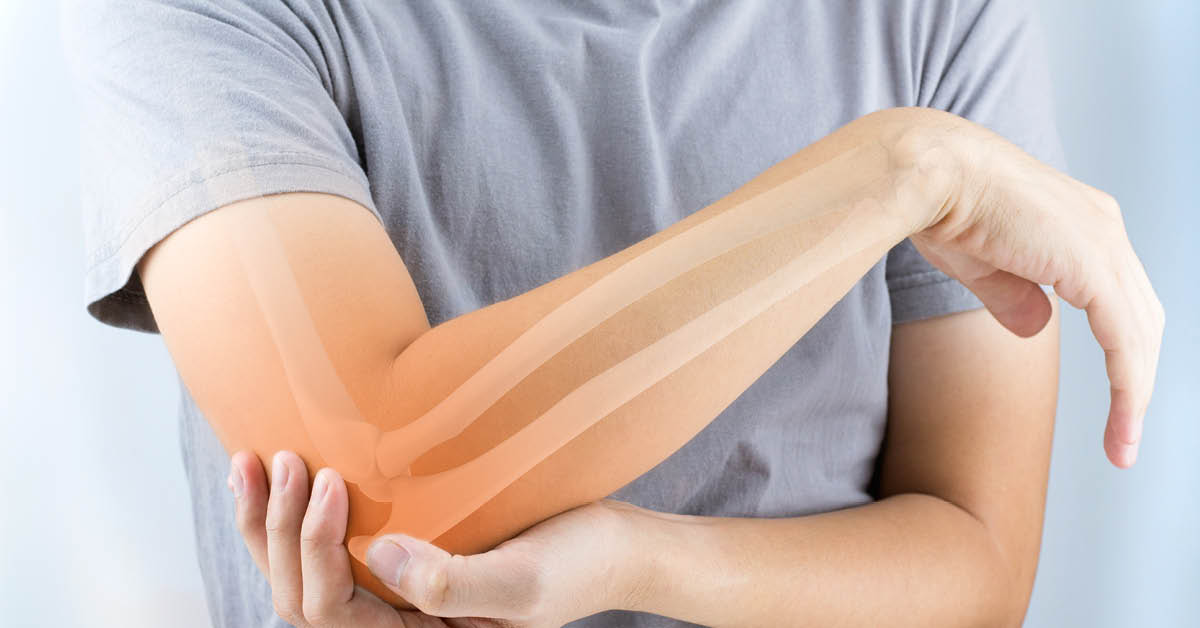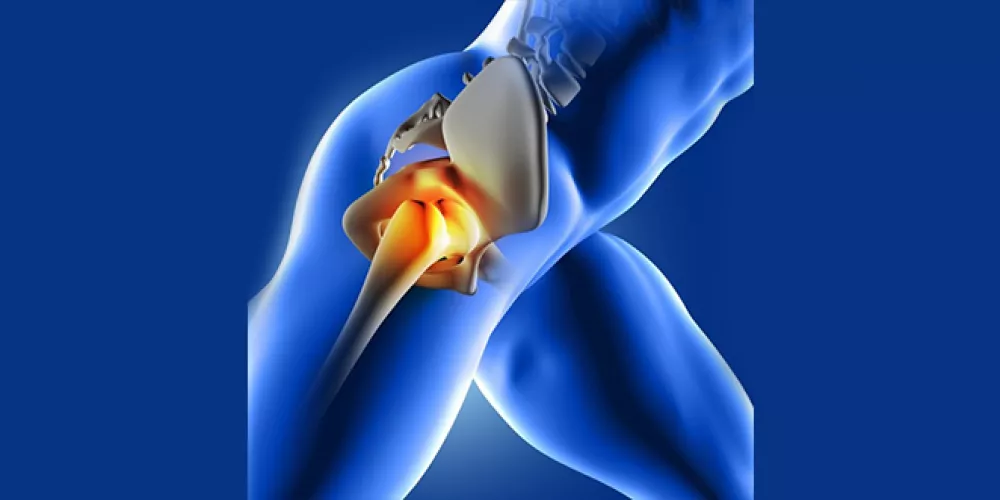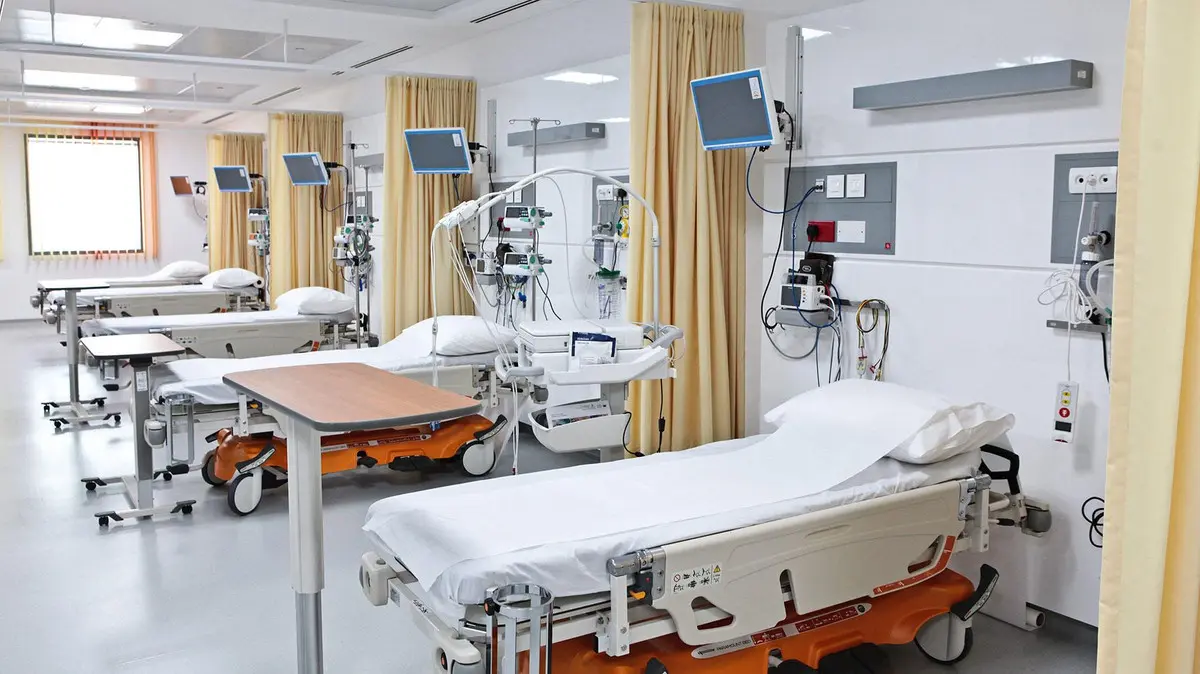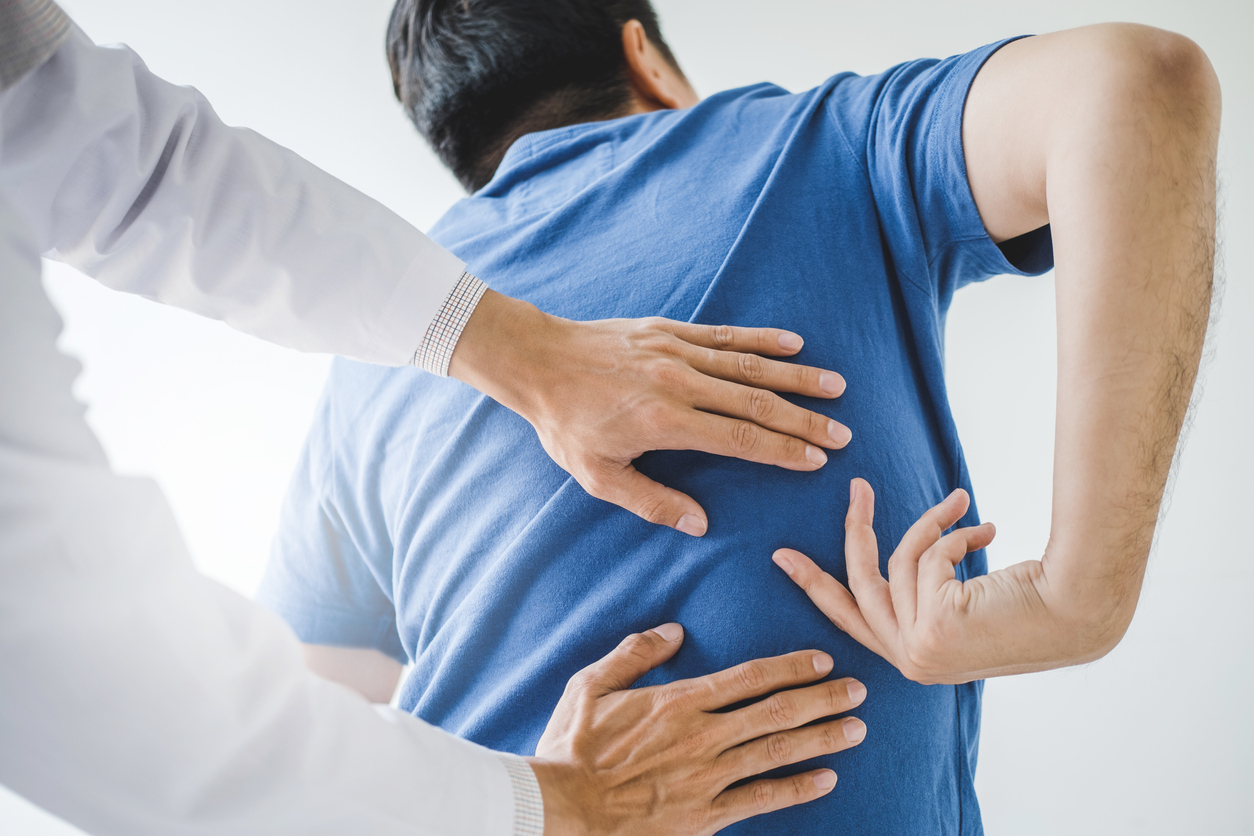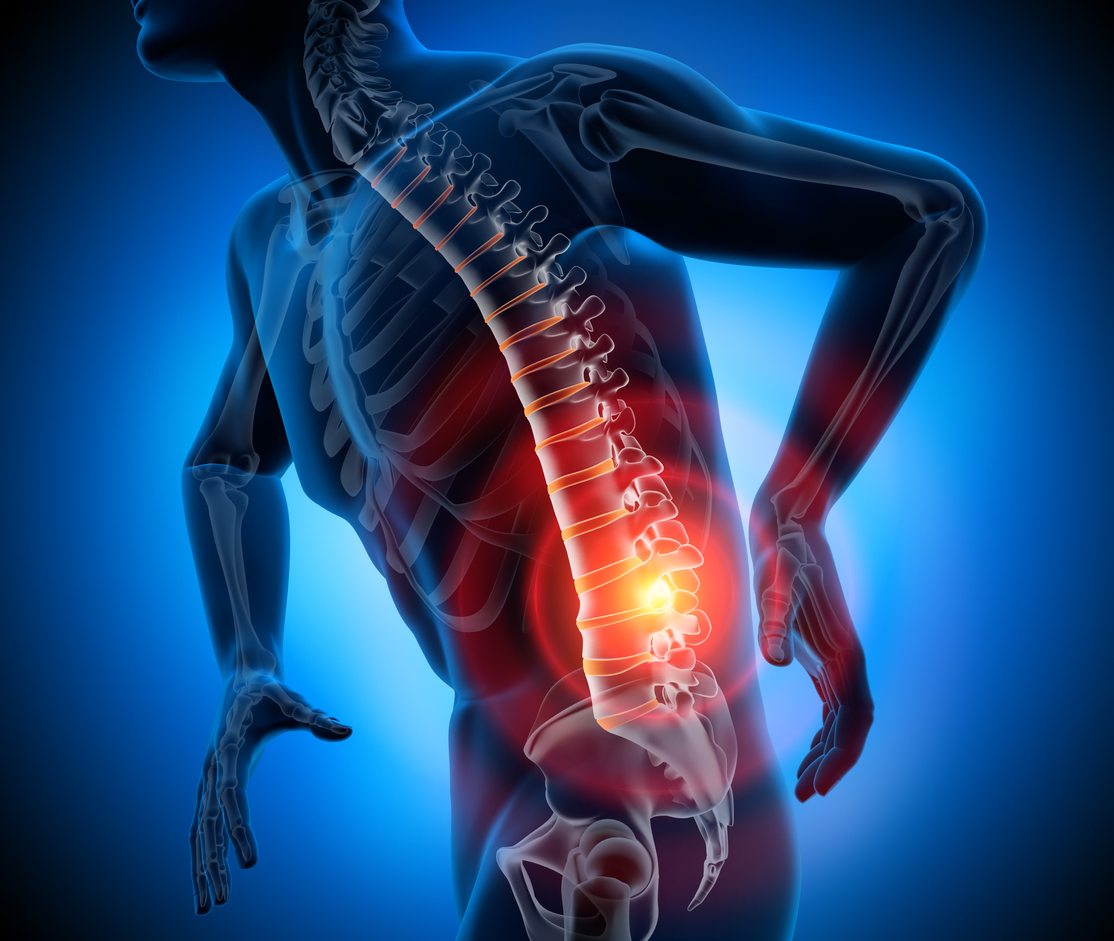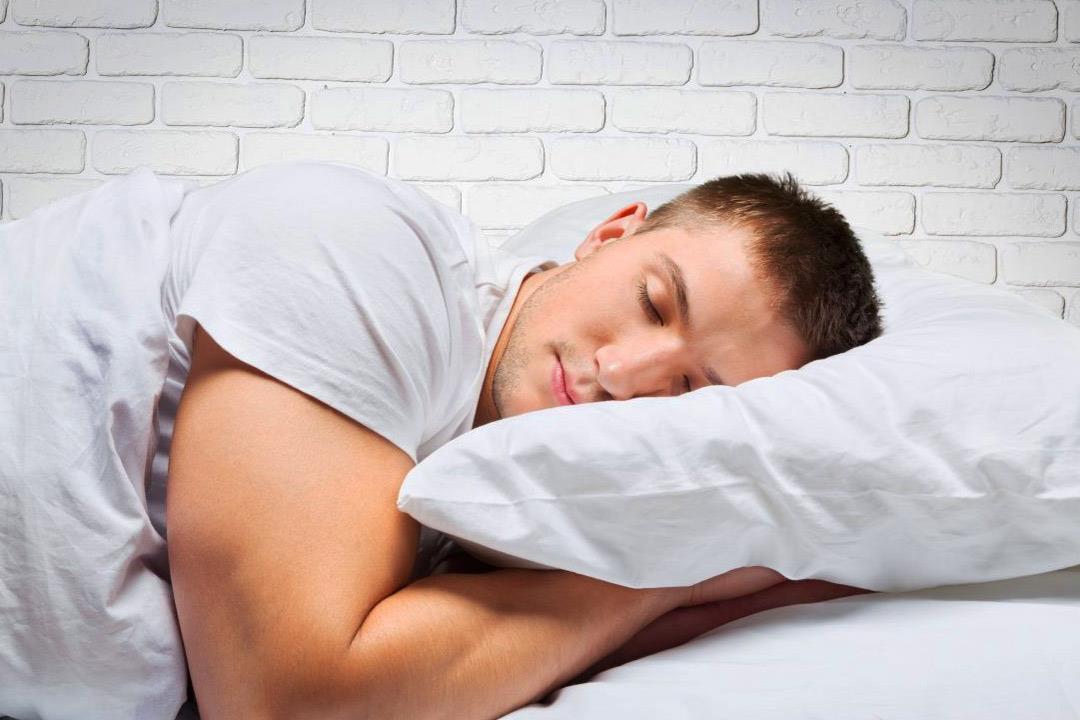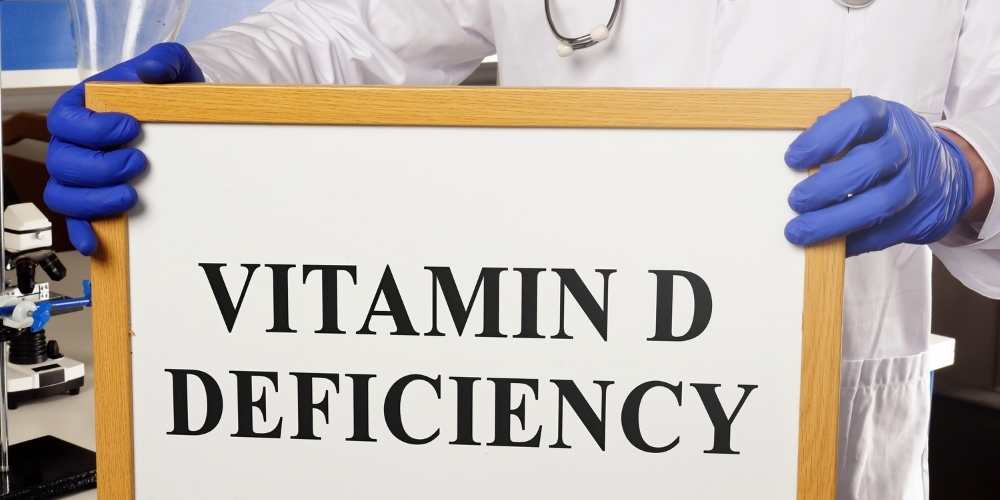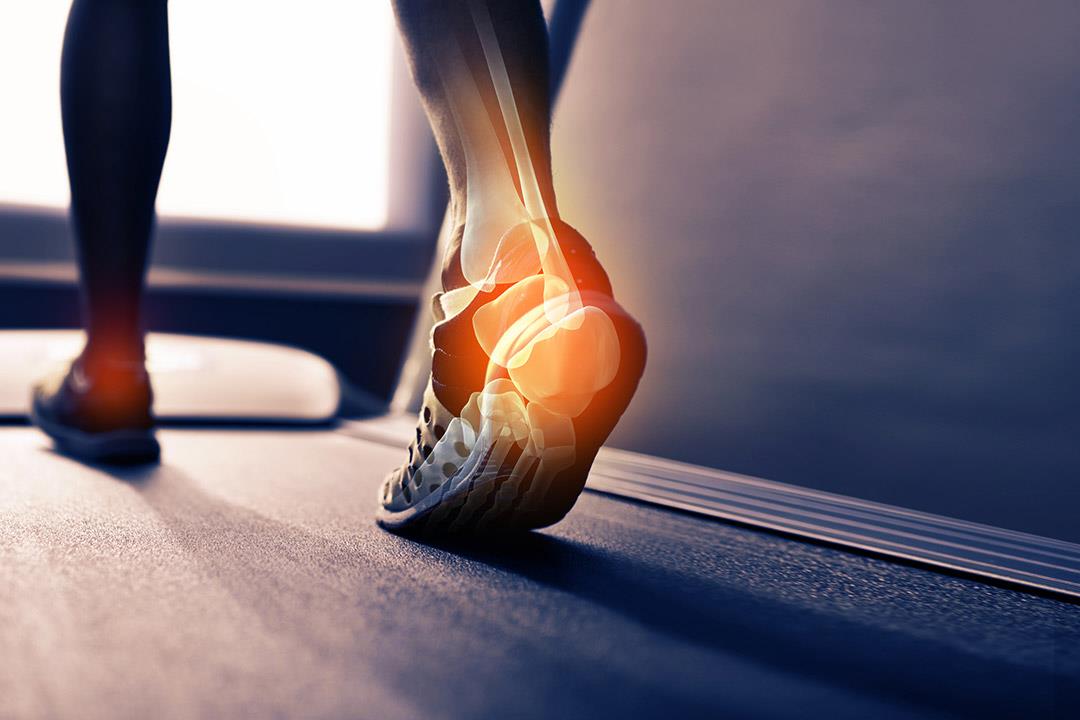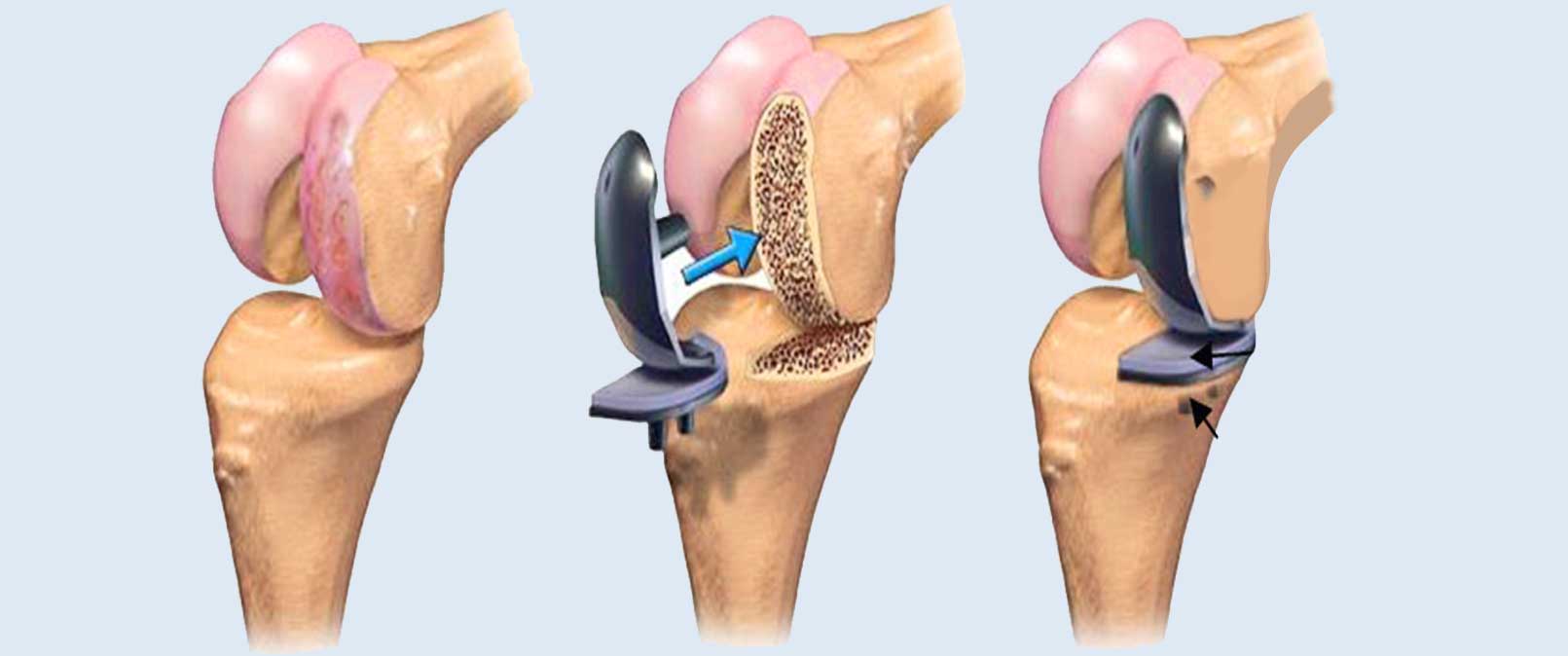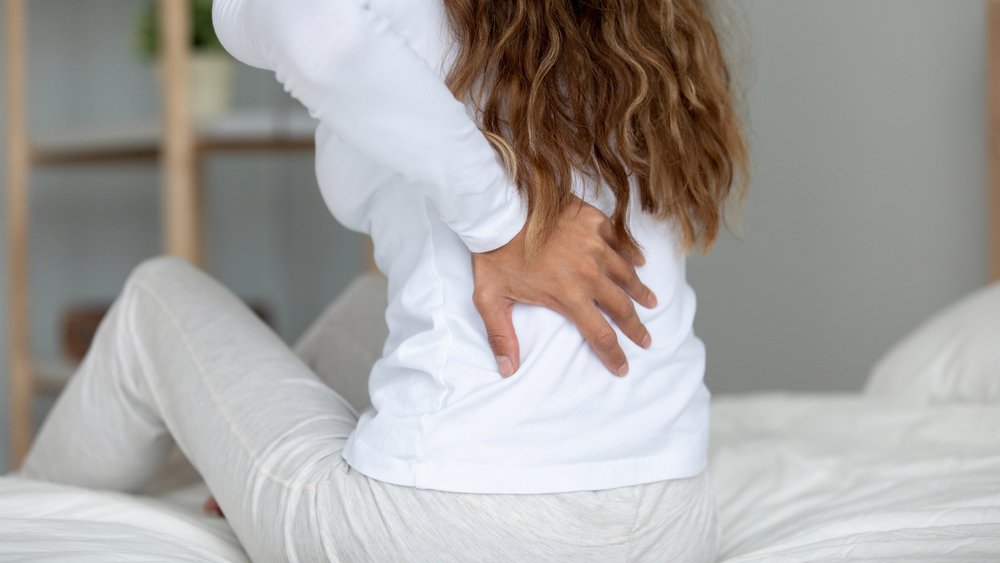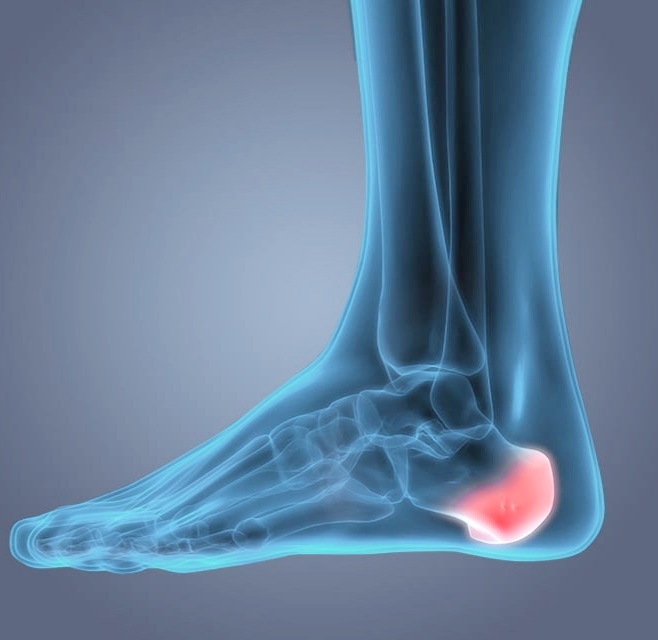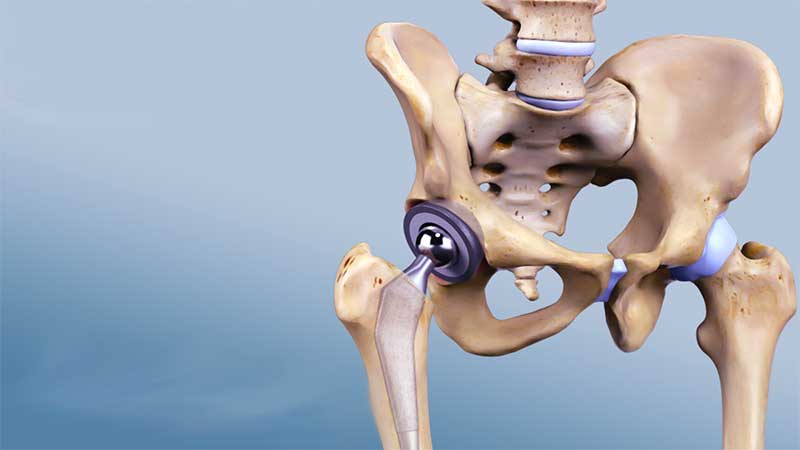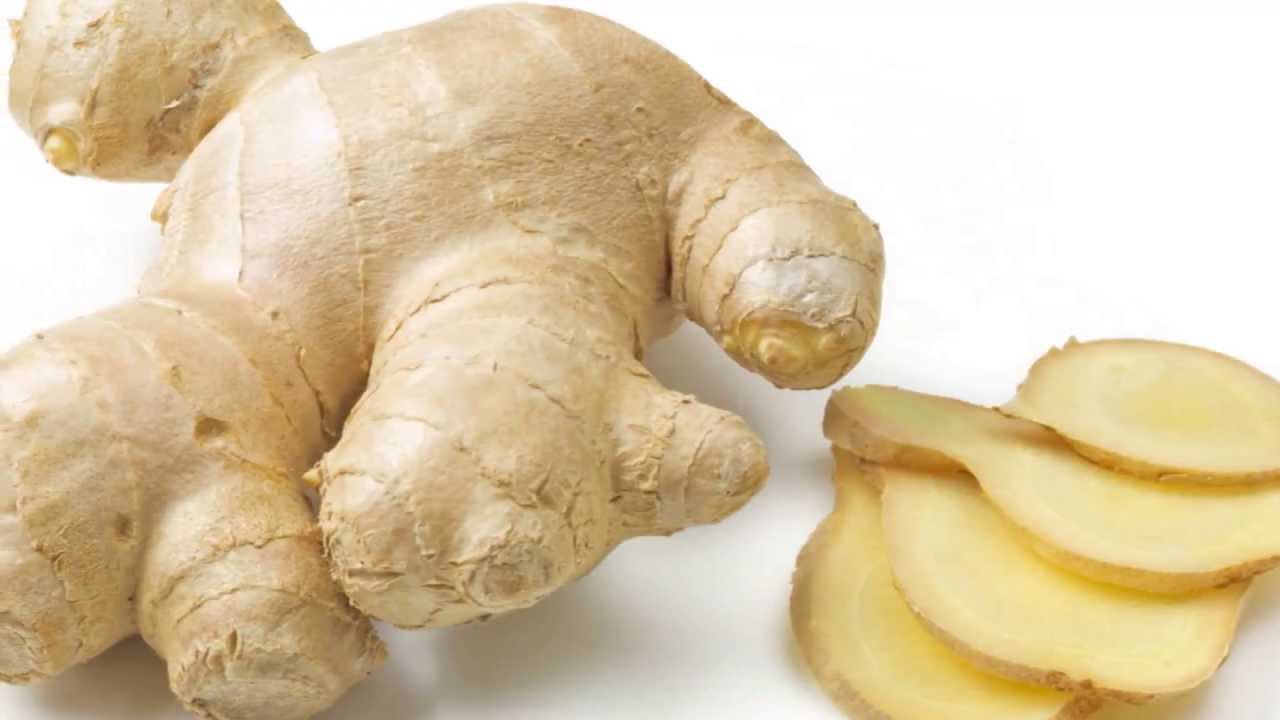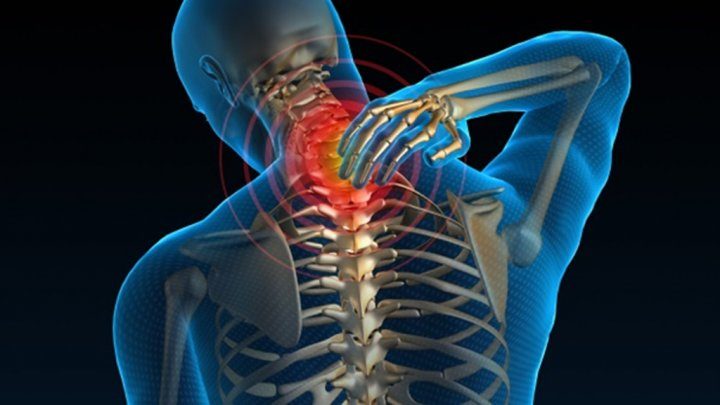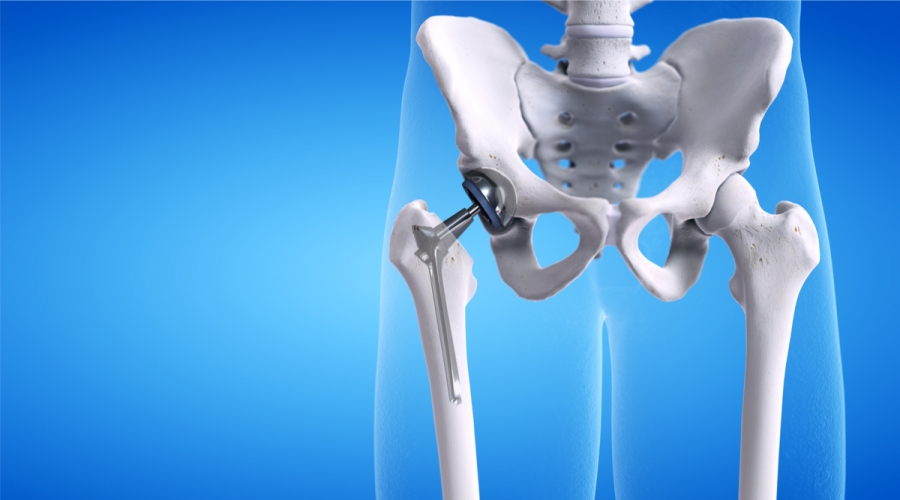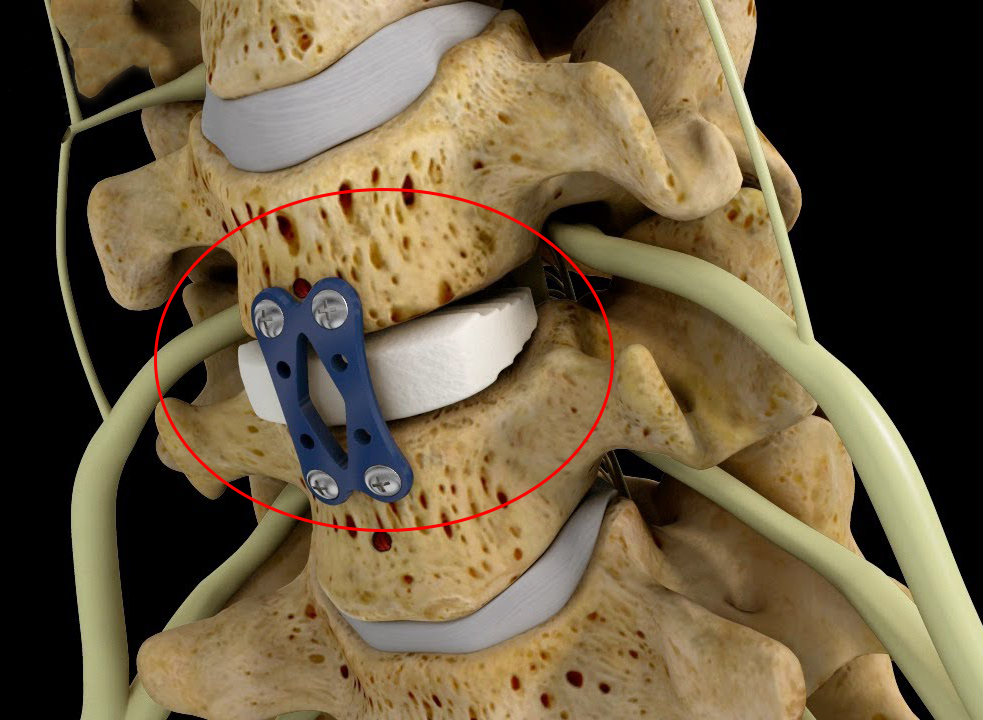! Treatment of Knee Osteoarthritis and its Severity Levels
Knee Roughness Treatment, One of your close acquaintances may be suffering from knee roughness, and you want to help them. This is what we offer you through this article, which covers all the necessary information and details to define knee roughness, its main causes, and various symptoms. Additionally, it provides successful treatment methods, so keep reading to stay updated.
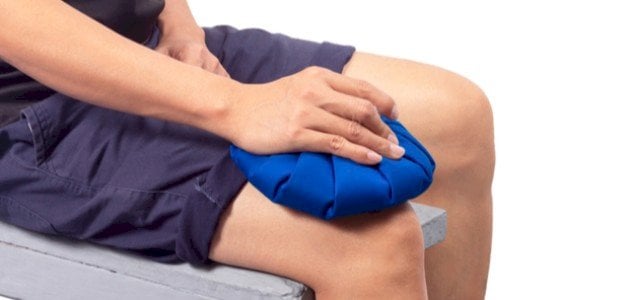
Knee Roughness Treatment
- Physical Therapy:
- It includes simple and appropriate motion exercises, such as muscle flexibility and strengthening exercises for the muscles surrounding the knee.
- Rehabilitative exercises performed by a physical therapist can also be used to improve joint motion and reduce pain.
- Medication:
- Non-steroidal pain relievers can be used to alleviate the pain associated with knee roughness.
- The doctor may also prescribe non-steroidal anti-inflammatory drugs to reduce inflammation.
- Hyaluronic Acid:
- It is a natural substance found in cartilage and plays an essential role in regenerating and strengthening cartilage.
- Hyaluronic acid can be injected directly into the knee to improve mobility and reduce pain. This non-surgical procedure is only mildly painful.
- Surgery:
- If the knee does not respond to the above treatments, the doctor may suggest surgery.
- Surgical procedures for treating knee roughness include replacing the joint with an artificial one or surgically regenerating the cartilage.
You should consult a doctor to assess your knee condition and determine the appropriate treatment based on your circumstances. You can also learn about the advanced techniques used by Dr. Amr Amal in treating knee roughness.
What is Knee Roughness?
It is a common condition that affects many people, especially the elderly, and is characterized by the erosion of joint cartilage, leading to damage to the bones and surrounding tissues. Arthritis is one of the common causes of this disease, as it increases friction within the joint and erodes the protective cartilage.
The symptoms of knee roughness are diverse and include pain, swelling, and stiffness. The pain can be severe and may limit the patient’s movement and affect their daily quality of life. To diagnose this condition, the doctor must perform the necessary tests, such as X-rays and joint fluid examination.
One of the best ways to deal with knee roughness is to follow a healthy and balanced diet and engage in appropriate physical exercises to strengthen the thigh and knee muscles. Doctors may also use some pain-relieving and anti-inflammatory medications to alleviate symptoms. In severe cases, doctors may resort to surgical treatment to replace the damaged joint with an artificial one. Early detection and proper treatment are crucial for controlling the symptoms and progression of knee roughness and improving quality of life.
Enjoy improved physical and athletic performance with knee roughness treatment provided by Dr. Amr Amal.
Symptoms of Knee Roughness
In this article, we will learn about the most prominent symptoms of knee roughness and how to deal with them, which are as follows:
- Knee Pain: Severe pain in the area surrounding the knee joint is one of the most important symptoms that indicate the presence of knee roughness. The pain usually increases when performing activities that involve joint movement, such as walking, climbing, and running.
- Limited Mobility: A person with knee roughness may find it difficult to move the joint normally, affecting their ability to perform daily activities easily, such as going up and down stairs, sitting, and standing.
- Knee Swelling: The person with knee roughness may notice swelling in the joint, which is due to irritation of the surrounding tissues and increased fluid secretion.
- Cracking Sound: Some people may notice a cracking sound when moving the knee, which is due to the bones rubbing against each other due to cartilage erosion.
- Difficulty Bearing Weight: A person with knee roughness may find it difficult to bear weight on the affected knee and may experience pain and weakness when attempting to do so.
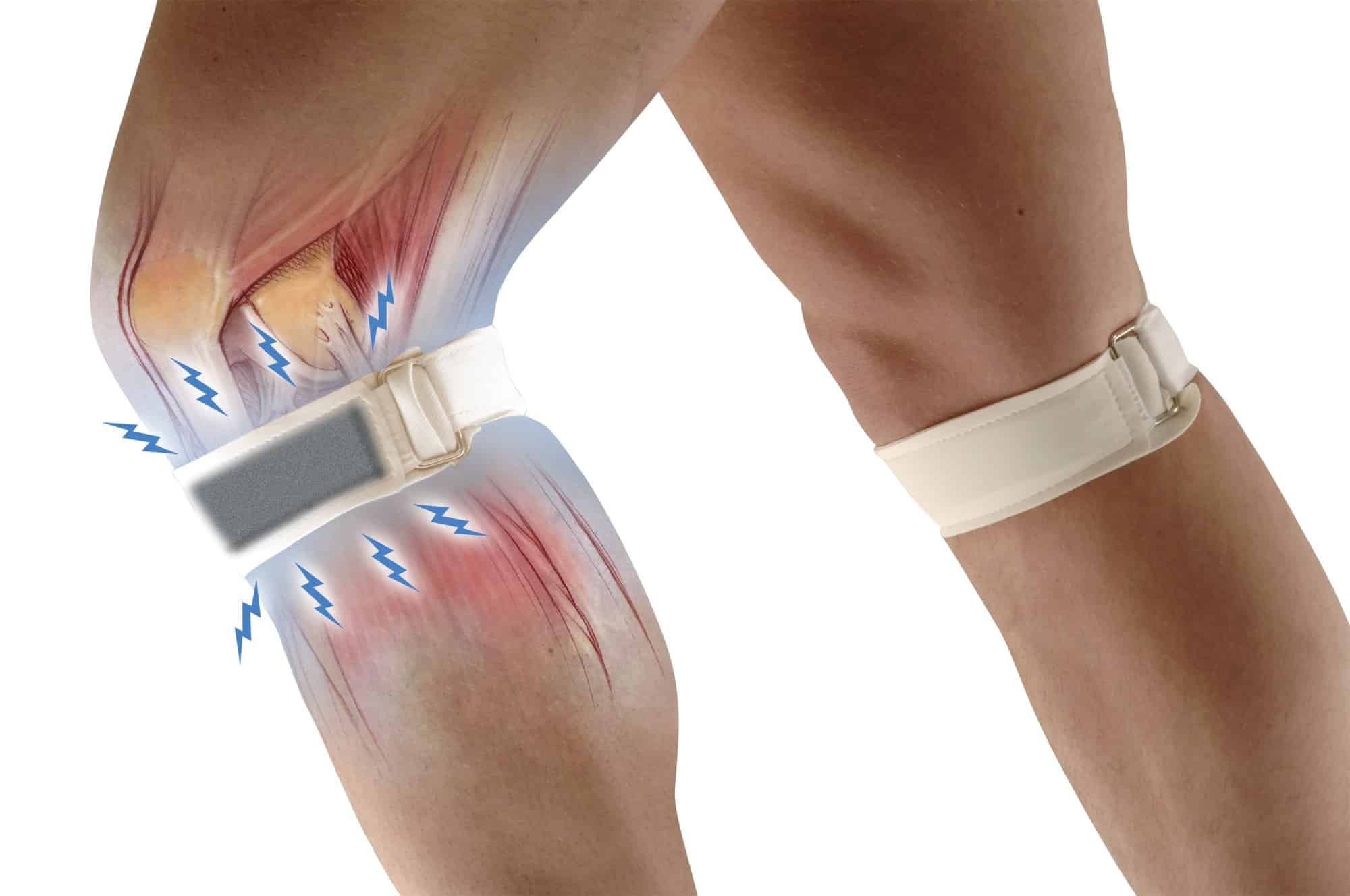
Causes of Knee Roughness?
The knee is one of the most frequently used joints in the human body, supporting weight and moving the leg. Over time and with advancing age, the knee joints may become rougher due to the erosion of the cartilage between the bones. Cartilage erosion can lead to bone damage, causing the bones to rub against each other, resulting in pain and knee stiffness.
In this article, we will look at the causes of knee roughness and how to deal with them:
- Aging: Aging is a significant factor in the development of knee roughness. Over time, the cartilage tends to gradually erode, increasing the likelihood of knee roughness.
- Genetic Factors: Genetic factors may play a role in the occurrence of knee roughness. If a family member has this condition, you are more likely to develop it.
- Excess Weight: Excess weight is an important factor in the development of knee roughness. Excessive pressure on the joint increases friction between the bones and accelerates cartilage damage. Therefore, it is essential to maintain a healthy weight to avoid knee roughness.
- Previous Injuries: If you have sustained a knee injury in the past, this may increase the likelihood of developing knee roughness later on. Therefore, it is crucial to protect against injuries and treat them properly.
- Rheumatic Diseases: Some rheumatic diseases, such as rheumatoid arthritis, can lead to cartilage damage and the development of knee roughness. It is advisable to consult a rheumatologist for the diagnosis and treatment of these conditions.
- Excessive Activity: Engaging in excessive or repetitive activities that require repeated knee movement may increase the likelihood of knee roughness. It is essential to exercise regularly, while also allowing for adequate rest to avoid placing excessive stress on the knee.
Consult Dr. Amr Amal to determine the best ways to achieve the desired results in treating knee roughness. For more information about the causes of knee roughness and its complications, click here.
What are the degrees of knee roughness?
Knee roughness is a common disorder that affects the knee joint and can occur due to various causes, including injuries and joint inflammation. The degrees of knee roughness are classified into several stages that indicate the condition of the joint and the degree of damage. Therefore, in this article, we will provide an overview of these degrees as follows:
First Degree:
At this degree, there is an uncertain narrowing of the space in the knee joint, with slight bone protrusions. The symptoms of knee roughness may not appear at this stage, and the joint may be healthy and normal, with the person not experiencing any pain.
Second Degree:
This degree indicates a clear narrowing of the space in the knee joint, in addition to the presence of bone protrusions and some slight bone growths. The patient in this case may experience intermittent pain and discomfort in the knee joint. The patient in this case may need physical therapy sessions to reduce pain and improve joint mobility.
Third Degree:
This degree is considered one of the most advanced stages of knee roughness, where the space in the joint diminishes significantly, and there are prominent bone protrusions and evident cartilage loss. The patient in this case experiences severe symptoms, including constant pain and difficulty in movement. In this case, the patient may require surgical intervention to restore joint function.
If you experience symptoms indicating knee joint roughness, it is advisable to visit a doctor for an accurate diagnosis and appropriate treatment. Doctors can use X-rays and physical examinations to determine the degree of joint damage and develop a suitable treatment plan.
What is the best oil for knee roughness?
Knee roughness causes pain and difficulty in movement. Among the natural treatments that can be used to alleviate knee pain and treat bone inflammation, olive oil is considered a preferred option by many, including the following:
- Olive Oil:
Olive oil is a natural anti-inflammatory and contains active compounds that help reduce knee pain and inflammation. It is recommended to use olive oil for local massage on the knee to improve blood circulation and relieve pain. - Eucalyptus Oil:
Eucalyptus oil has antimicrobial and anti-inflammatory properties, making it a good choice for treating knee roughness. It is recommended to mix eucalyptus oil with lavender essential oil and use it for local massage on the affected knee. This oil is believed to help soothe the nerves and reduce pain. - Lavender Essential Oil:
Lavender essential oil has calming and anti-inflammatory properties and is considered an effective natural option for relieving knee pain. It is recommended to gently massage the concentrated oil on the knee to soothe pain and reduce swelling.
There is no single oil that works magically to treat knee roughness, but using the mentioned oils can be a complement to traditional medical treatment. Before using any oil, it is important to consult a healthcare professional for advice relevant to your health condition and appropriate dosages. Therefore, discover how Dr. Amr Amal can help you overcome physical challenges through knee roughness treatment.
For more on treating knee roughness with oils and herbs, read this article.
Is knee roughness a serious disease?
Knee roughness is a common condition that affects the knee joint due to the gradual erosion of the protective cartilage in the joint. Although roughness is not a serious disease in its early stages, it can lead to serious complications if left untreated. If left unaddressed, knee roughness can worsen, leading to increased bone erosion in the joint.
Knee roughness may be accompanied by symptoms such as pain during movement, a grating sound in the knee while moving, joint swelling, and a feeling of warmth. These symptoms can lead to joint deformity, making walking difficult or even impossible. Additionally, other symptoms such as cold feet and weak or absent pulses may appear.
Does walking treat knee roughness?
Walking is considered one of the essential and necessary physical activities to maintain overall body health and alleviate certain health problems. Although walking does not cure knee roughness, it is essential for those affected by this condition. It is always recommended to consult a doctor before engaging in any physical activity like walking, as the doctor can determine the proper guidelines and mitigate any potential adverse effects.
In addition to walking, those with knee roughness are advised to use a knee brace and a cane while moving to reduce pressure on the affected knee. The patient should also be responsive to their treatment and committed to the prescribed rehabilitation exercises, as these exercises strengthen the muscles surrounding the knee and reinforce the skeletal structure.
Recent scientific research shows that walking plays an essential role in alleviating symptoms and relieving joint and knee roughness. By regularly engaging in daily walking, blood flow to the joints improves, and synovial fluid flexibility increases, reducing inflammation and pain. Therefore, walking is an integral part of the natural treatment for knee roughness.
Does prostration affect the knees?
Some people experience knee problems that are exacerbated by prostration. There may be acute swelling in the soft tissues, causing pain and discomfort during prostration or prolonged sitting. This sensation may result from the presence of knee roughness, calcification, or a bony spur. During prostration, pressure on the joint increases, causing a stinging sensation and negatively impacting the patient.
Although prayer is valid in this condition, it is advisable to raise the turban and prostrate on the prayer mat, avoiding direct pressure on the knee. It is recommended to seek the advice of a specialized doctor to accurately diagnose the knee condition and provide appropriate treatment to alleviate pain and improve the overall condition of the joint.
Prepare for life with your full energy after the surgery with knee roughness treatment from Dr. Amr Amal.
Is massage beneficial for knee roughness?
Massage is a technique used to stimulate muscles and surrounding tissues, and it may be an effective method for treating knee roughness and alleviating pain. According to some studies, a daily one-hour massage session once a week may help strengthen and activate the muscles surrounding the affected knee.
There are different types of massages that can help treat knee roughness, such as deep tissue massage and sports massage. Massage can improve blood circulation in the affected area, reduce inflammation, and regenerate damaged tissues.
Additionally, water-based treatments, such as aquatic exercises, can also be effective in treating knee roughness. Aquatic exercises reduce the body’s pressure on the affected joint and help strengthen the surrounding muscles.
However, it should be noted that massage and water-based therapies can contribute to pain relief and improve the condition, but they are not considered definitive treatments for chronic knee diseases such as cartilage tears. It is essential to consult a specialist doctor to assess the condition and determine the appropriate treatment required for each case.
We are here to care for your knee roughness treatment and ensure your comfort and safety with Dr. Amr Amal.
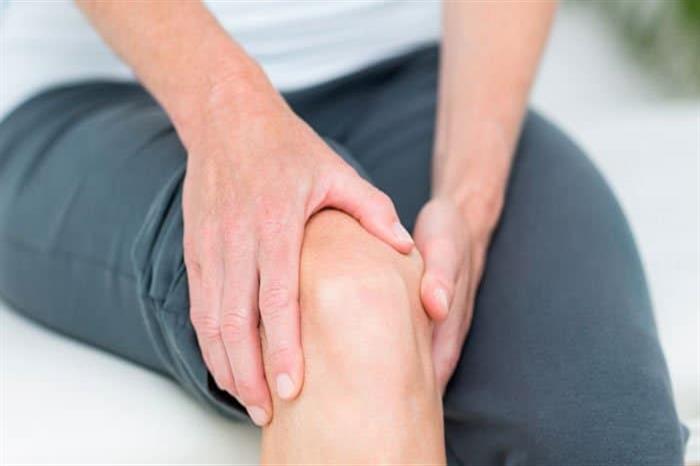
Best Knee Specialist Doctor in Cairo
Dr. Amr Amal is considered one of the best orthopedic doctors specialized in diagnosing and treating knee problems in Cairo. Dr. Amr Amal is a professor and consultant in orthopedic surgery and joints, working at the Faculty of Medicine, Ain Shams University. In addition to his academic degrees and extensive practical experience, Dr. Amr has an excellent reputation among patients in Egypt, with many considering him the best orthopedic doctor in the country.
Knee joint pain is a common complaint that many people suffer from, which can negatively impact their lives and ability to perform daily activities. Through his specialization in orthopedic and joint surgery, and extensive experience, Dr. Amr Amal can diagnose and treat knee problems efficiently and with high accuracy.
Dr. Amr Amal’s services include surgical procedures for artificial joint replacements, such as knee and hip joint replacements. The doctor also oversees all aspects of treatment, from diagnosis to post-surgery rehabilitation.
In summary, Dr. Amr Amal is considered the best knee specialist doctor in Cairo, combining scientific expertise and practical experience, in addition to his good reputation among patients. Dr. Amr Amal provides comprehensive services for diagnosing and treating knee problems, improving patients’ quality of life and enabling them to enjoy natural movement.

